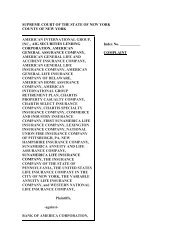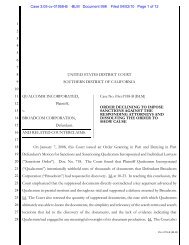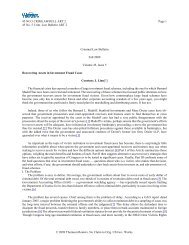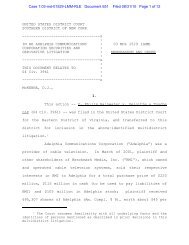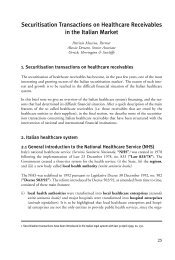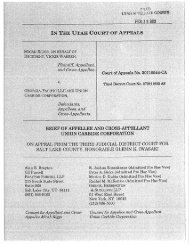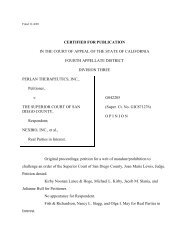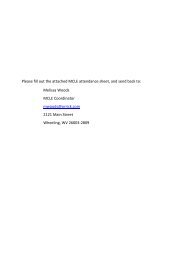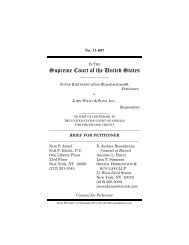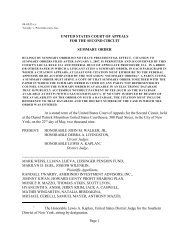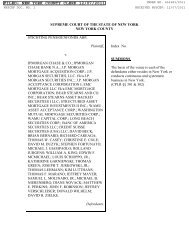Public Charter Schools Borrowing With Tax-Exempt Bonds, Second ...
Public Charter Schools Borrowing With Tax-Exempt Bonds, Second ...
Public Charter Schools Borrowing With Tax-Exempt Bonds, Second ...
Create successful ePaper yourself
Turn your PDF publications into a flip-book with our unique Google optimized e-Paper software.
increased requests for information and some very serious enforcement actions.<br />
As with IRS inquiries, good legal advice is needed before responding to even an<br />
informal inquiry from the SEC.<br />
C. Bond Document Responsibilities<br />
The bond documents themselves (not only the indenture and loan agreement, but<br />
any credit provider agreement, investment agreement or swap agreement) contain<br />
a number of responsibilities of the school in addition to timely payment of debt<br />
service. These will vary widely depending on the type of bonds, source of security<br />
and payment, credit enhancement and the like. Typical examples include:<br />
1. Providing audited financial statements by a certain date.<br />
2. Providing other specified information periodically or upon the occurrence of<br />
certain events to bond holders, rating agencies, credit enhancement or liquidity<br />
providers, and swap providers.<br />
3. Compliance with a debt service coverage test.<br />
4. Compliance with other financial tests (including a cash-on-hand test).<br />
5. In case of general fund pledges by conduit borrowers of their non-trustee<br />
held general funds, making sure all general funds are deposited in the<br />
pledged account.<br />
6. Periodically renewing of UCC or other filings.<br />
7. Maintenance and periodic certification of casualty and other insurance.<br />
What Are the Consequences of Failure to Perform Post-Issuance Responsibilities?<br />
A. <strong>Tax</strong> Responsibilities<br />
Failure to perform these responsibilities could lead to the bonds being declared<br />
taxable or to substantial payment to the IRS to close its audit without declaring<br />
the bonds taxable, following a painful, time consuming and expensive audit process.<br />
Either result could lead to SEC investigation and enforcement actions based<br />
on the premise that the official statement for the bonds had failed to properly<br />
disclose the tax risk. A declaration of taxability would also likely lead to lawsuits<br />
from bondholders.<br />
58



